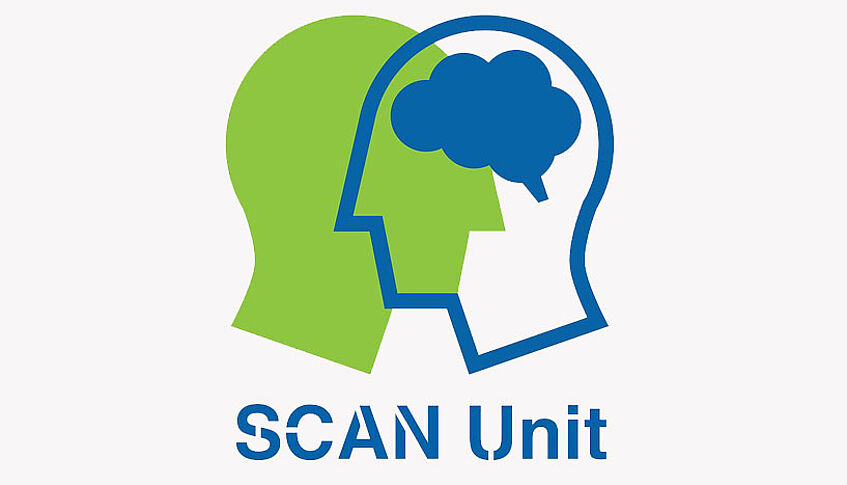

Full title of the project: "Dopamine and the precision weighting of social cues"
Team: Dr. Bianca Schuster & Prof. Claus Lamm.
Institute/Department: Department of Cognition, Emotion, and Methods in Psychology.
Goal of the project: The project will investigate the specific computations people conduct in social situations in order to integrate different sources of information (Bayesian inference) and how the certainty that is attributed to each piece of information affects social judgements (precision weighting). In addition, we will investigate how the neurotransmitter dopamine modulates these precision weighting processes.
Why is this important and useful? Social difficulties are common among disorders with dopamine dysfunctions (e.g., Parkinson's). However, there is currently a lack of basic knowledge about the specific neurochemical processes that influence social behavior. Findings from the present project will benefit the development of new behavioral or pharmacological therapies for social dysfunction.
Abstract: Navigating the social world can be difficult, as social cues are often ambiguous or contradictory. Bayesian inference theories postulate that, to make accurate predictions about their environment, humans generate probabilistic models of the world by integrating sensory evidence with their top-down expectations of what they might perceive (i.e., priors). Crucially, when forming predictions, agents consider the relative certainty (i.e., precision) ascribed to these sensory and prior estimates, a process termed ‘precision weighting’. The neuromodulator dopamine has been implicated in socio-cognitive function as well as in the precision weighting of non-social information, suggesting that dopamine may modulate social cognition by the same mechanistic pathways as non-social processes. The current project will use a combination of experimental psychology, computational modelling and psychopharmacology to investigate the specific role of dopamine in social precision-weighting processes.
Explanation - easy to understand: The way other people communicate with us can often be ambiguous or contradictory. So-called Bayesian inference theories state that we use our previous experiences to estimate as accurately as possible what other people want to communicate to us. So far, however, it is unclear how exactly we do this. Dopamine, a messenger that our brain uses, plays a role in this. We want to investigate exactly what that role might be. Specifically, we suspect it has something to do with how much we trust our past experiences compared to current events. In other words, how much certainty or precision we ascribe to them, and to what extent this is co-determined by dopamine and thus influences how well we can understand others.
